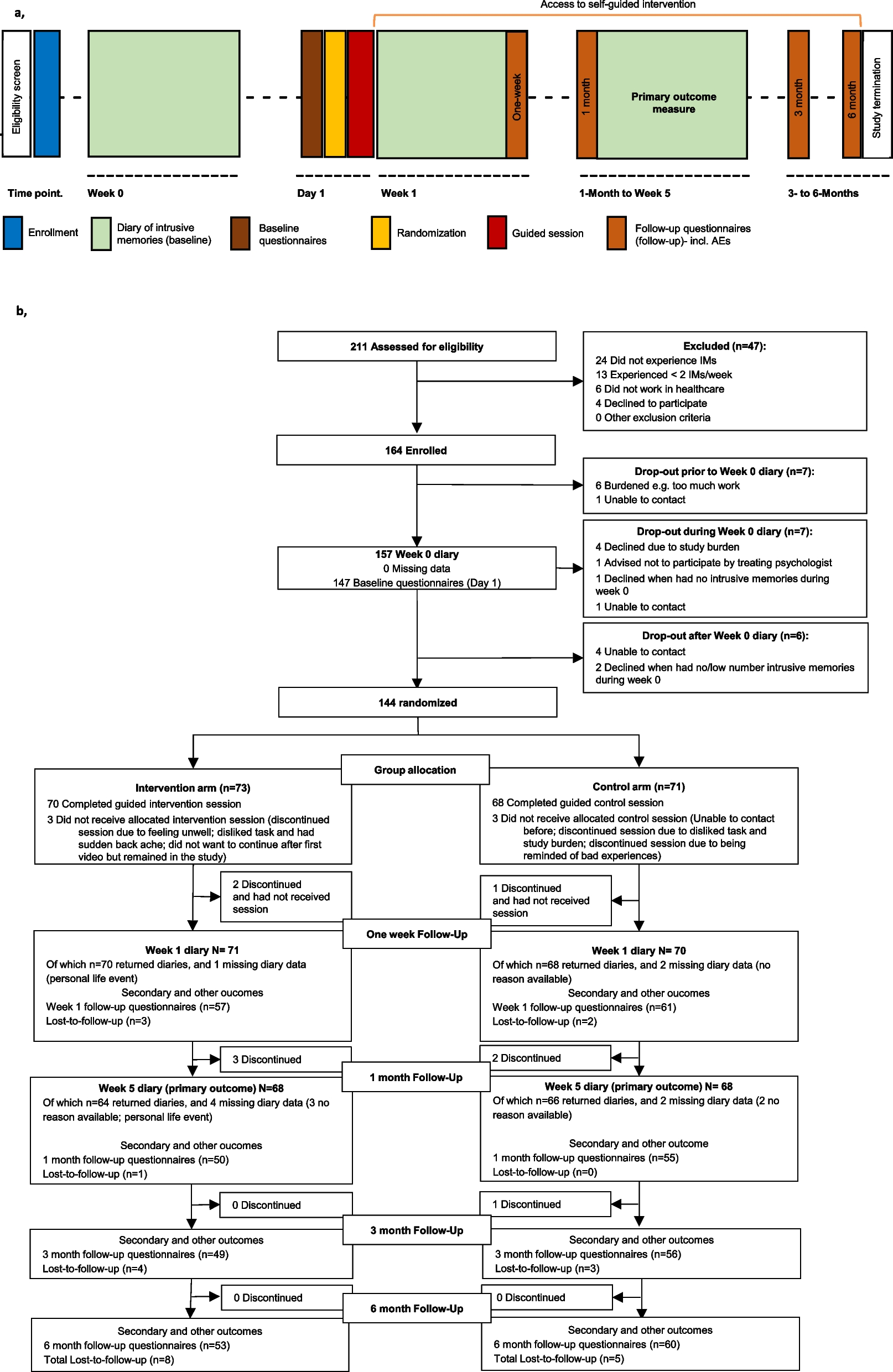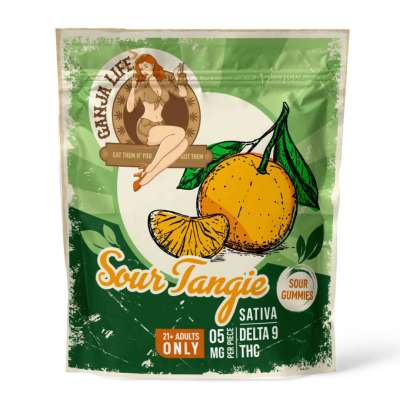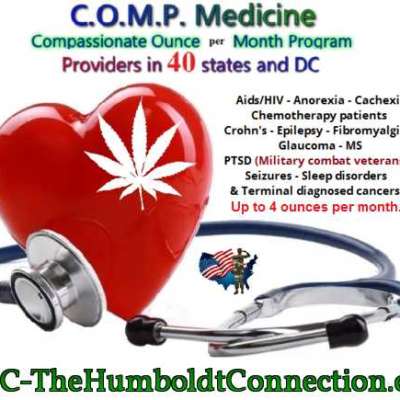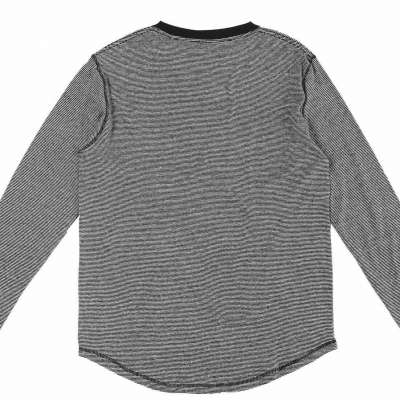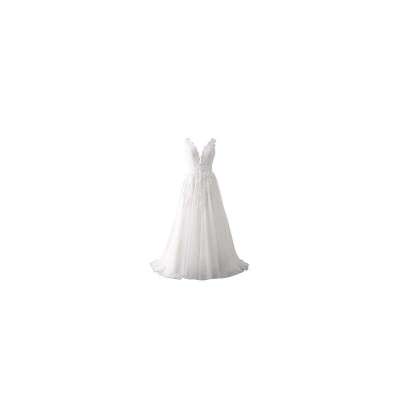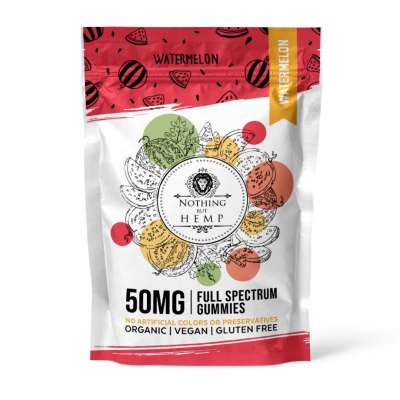
bmcmedicine.biomedcentral.com
A guided single session intervention to reduce intrusive memories of work-related trauma: a randomised controlled trial with healthcare workers in the COVID-19 pandemic | BMC Medicine | Full Text
Intrusive memories of psychologically traumatic events bring distress both sub-clinically and clinically. This parallel-group, two-arm randomised controlled trial evaluated the effect of a brief behavioural intervention on reducing intrusive memories in frontline healthcare workers exposed to traumatic events during the COVID-19 pandemic. Participants with at least two intrusive memories of work-related trauma in the week before recruitment were randomised 1:1 to an imagery-competing task intervention (n = 73) or attention-based control task (n = 71). The number of intrusive memories was assessed at baseline and 5weeks after the guided session (primary endpoint). The intervention significantly reduced intrusive memory frequency compared with control [intervention Mdn = 1.0 (IQR = 0–3), control Mdn = 5.0 (IQR = 1–17); p 0.0001, IRR = 0.30; 95% CI = 0.17–0.53] and led to fewer post-traumatic stress-related symptoms at 1, 3 and 6month follow-ups (secondary endpoints). Participants and statisticians were blinded to allocation. Adverse events data were acquired throughout the trial, demonstrating safety. There was high adherence and low attrition. This brief, single-symptom, repeatable digital intervention for subclinical-to-clinical samples after trauma allows scalability, taking a preventing-to-treating approach after trauma. 2020–07-06, ClinicalTrials.gov identifier: NCT04460014.
